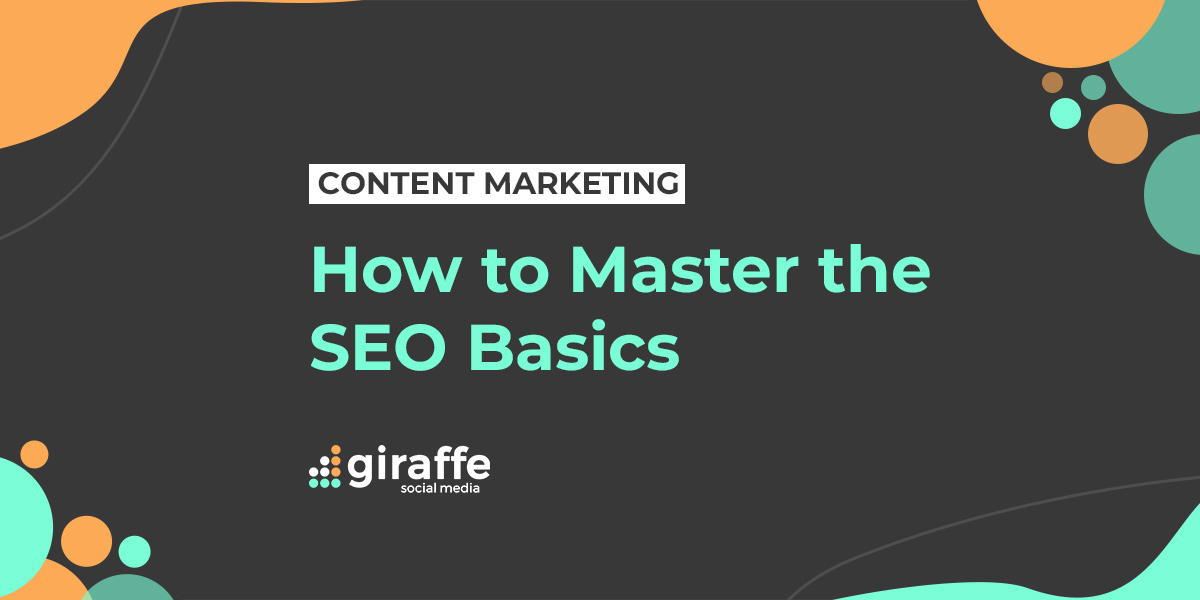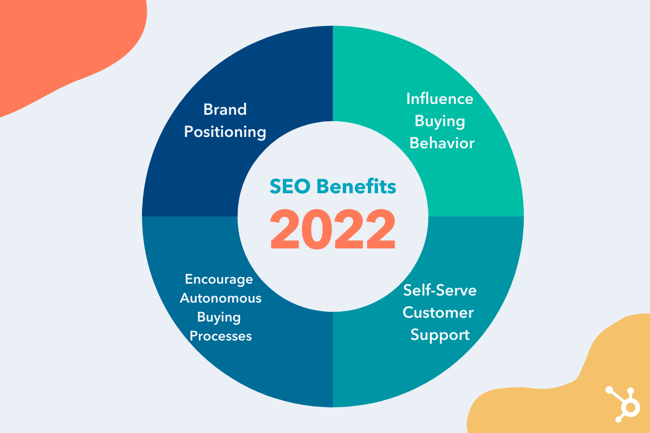![]()
Thank you for reading this post, don't forget to subscribe!
Unlock the secrets to mastering SEO basics and transforming your PageRank with these essential tips and strategies. Don’t miss out!

Image courtesy of via DALL-E 3
Table of Contents
- Introduction to SEO and Why It Matters
- Understanding PageRank: The Heart of Google’s Search
- Keywords: Starting Your SEO Adventure
- Making Your Website Easy to Read by Google
- Page Titles and Descriptions: Your First Impression
- Getting Other Websites to Link to You
- Mobile-Friendly Sites Win More
- The Speed of Your Site is Super Important
- Keeping Your Content Fresh
- Using Images and Videos Smartly
- Conclusion: The Journey of SEO Mastery
Introduction to SEO and Why It Matters
SEO, or search optimization, is like a secret code that websites use to show up in searches on Google. Imagine you have a favorite book, but you can’t find it in the library because it’s hidden among so many other books. SEO is like a magical spell that helps people find your favorite book (or website) easily!
When you search for something on Google, you probably click on the first few results that show up. That’s because those websites have mastered SEO and know how to make Google happy. So, if you want your website to be one of those top results, learning SEO basics is the key!
Understanding PageRank: The Heart of Google’s Search
Let’s dive into the world of PageRank and uncover why it’s crucial for websites aiming to boost their visibility on Google searches.
What is PageRank?
PageRank is like a report card that Google gives to websites to show how important and trustworthy they are. It’s like scoring points in a game based on how many other websites think your site is cool and worth visiting.
How Does PageRank Affect Your Site?
When your website has a high PageRank, it means Google sees it as a popular and reliable source of information. This can lead to more people finding and visiting your site, which is great for getting your message out there!
Keywords: Starting Your SEO Adventure
Keywords are like magic words that help people find what they’re looking for on the internet. Think of them as clues that tell Google and other search engines what your website is all about. When someone searches for something online, search engines use these keywords to match their query with the most relevant websites.

Image courtesy of www.giraffesocialmedia.co.uk via Google Images
How to Pick Good Keywords
Choosing the right keywords is crucial in SEO. You want to pick words that reflect the content of your website so that people can easily discover it. Here are some tips on how to pick good keywords:
1. Think like your audience: Consider what words your potential visitors would use to search for your website.
2. Be specific: Use keywords that accurately describe your products, services, or content.
3. Use tools: There are online tools that can help you find popular keywords related to your niche.
4. Avoid keyword stuffing: Don’t overuse keywords in your content as it can make it look unnatural and may even hurt your SEO efforts.
Making Your Website Easy to Read by Google
When it comes to making your website easy to read by Google, the first thing to remember is that content is key. Google loves content that is not only relevant but also valuable to its users. This means that your website should have information that people find useful and engaging.
Organizing Your Site Well
Another important aspect of making your website friendly to Google is ensuring that your site is well-organized. This means having clear navigation, logical site structure, and properly labeled headings. By organizing your site well, Google can easily crawl and index your pages, making it more likely for your content to show up in search results.
Page Titles and Descriptions: Your First Impression
When you search for something on the internet, the first thing you see is the title and description of a webpage. These are like the cover of a book – they give you a glimpse of what’s inside. Let’s talk about how important it is to make these titles and descriptions catchy and engaging.

Image courtesy of blog.hubspot.com via Google Images
Crafting Catchy Page Titles
A page title is like a headline that tells people what your page is about. It’s important to include relevant keywords in your title so that search engines like Google can understand what your page is all about. Think of it as a way to make your page stand out in a sea of search results.
Writing Helpful Descriptions
Descriptions are like mini-summaries of what people can expect to find on your page. They give searchers a sneak peek into what your page offers. Writing clear and descriptive descriptions can entice people to click on your page and learn more. Make sure to include keywords in your descriptions too!
Getting Other Websites to Link to You
Introducing the concept of backlinks, also known as inbound links, is an essential part of boosting your website’s SEO. Backlinks are like digital referrals from other websites that link back to your site. These links are crucial because they signal to search engines that your content is valuable and worth referencing.
What Are Backlinks?
Imagine backlinks as votes of confidence from other websites for the quality of your content. When reputable sites link to yours, search engines like Google recognize this and may view your website more favorably, ultimately improving your PageRank. It’s not just about the number of backlinks, but more about the quality and relevance of the sites that link to you.
Earning Good Backlinks
So, how can you earn these valuable backlinks? One effective way is to create high-quality content that other websites will find useful and want to link to. This can include creating informative blog posts, unique infographics, or useful guides that other sites in your industry might want to share with their audience.
Another strategy is to reach out to other website owners or bloggers in your niche and ask if they would be interested in linking to your content. Building relationships with others in your industry can lead to more opportunities for backlinks.
Remember, the key is to focus on creating valuable, shareable content that others will naturally want to link to, rather than engaging in spammy or black hat tactics that could harm your SEO in the long run.
Mobile-Friendly Sites Win More
In today’s world, more and more people are using their phones and tablets to browse the internet. This means that having a website that works well on mobile devices is crucial for attracting visitors. Making your website mobile-friendly can significantly impact your SEO and help your site rank higher in Google searches.

Image courtesy of www.link-assistant.com via Google Images
Why Mobile-Friendly is a Must
Imagine trying to read a webpage on your phone, and the text is too small to read or the buttons are too tiny to tap accurately. Frustrating, right? A mobile-friendly site adjusts its layout to fit different screen sizes, making it easy for visitors to navigate and find what they’re looking for.
Google also prioritizes mobile-friendly websites in its search results. If your site isn’t optimized for mobile, you could be missing out on a large chunk of potential visitors who prefer to browse on their smartphones.
Ensuring that your website is mobile-friendly not only improves the user experience but also signals to search engines like Google that your site is up-to-date and responsive to the needs of modern users. As a result, your site is more likely to rank higher in search results, leading to increased visibility and more organic traffic.
The Speed of Your Site is Super Important
When you visit a website, have you ever noticed that some websites load really quickly while others take forever to show up? The speed at which a website loads is super important, not just for your own frustration levels, but also for how Google ranks that website. Let me explain why.
How to Check Your Site’s Speed
If you want to find out if your website is fast or slow, there are some easy ways to do it. One simple tool you can use is Google’s PageSpeed Insights. Just enter your website’s URL, and it will give you a score based on how fast your site loads. The higher the score, the better!
Keeping Your Content Fresh
When it comes to SEO basics, one crucial aspect to keep in mind is the importance of regularly updating your website with new and exciting content. This not only keeps your visitors engaged but also helps improve your site’s visibility in search engine results. Let’s dive into why updating your content matters.

Image courtesy of blog.hubspot.com via Google Images
Why Updating Matters
Imagine visiting a website that hasn’t been updated in months. The information feels outdated, and you may lose interest quickly. By consistently adding fresh content, you can keep your audience coming back for more. Search engines like Google also prefer websites that are regularly updated, as it signals that the site is active and relevant.
Using Images and Videos Smartly
Images on your website can actually help with your SEO! But, you have to use them the right way. When you add pictures to your site, make sure to give them names that describe what they are. Include keywords in the image file names and add descriptive alt text as well. This way, search engines can understand what the images are about, and it can help your website show up in search results.
Videos and Engagement
Videos are another great way to make your website more interesting and keep visitors engaged. When people watch videos on your site, they tend to stay longer, which tells search engines that your content is valuable. This can improve your SEO and help boost your PageRank. Just remember to keep your videos relevant to your website’s content and make sure they load quickly so visitors don’t get frustrated waiting for them to start.
Conclusion: The Journey of SEO Mastery
As we wrap up our exploration of SEO basics and the importance of PageRank, it’s crucial to remember the essential components we’ve discussed and how they can boost your website’s visibility and success.
Recap of SEO Basics
Throughout our journey, we’ve learned that SEO, or search engine optimization, is the key to helping your website show up on Google searches. By using the right keywords, creating useful content, and optimizing your site for both users and search engines, you set the stage for success.
Understanding PageRank
PageRank, Google’s system for ranking web pages, plays a significant role in determining a site’s visibility and credibility. The higher your PageRank, the more visitors you can attract to your site.
Putting it All Together
By selecting the right keywords, crafting compelling page titles and descriptions, earning quality backlinks, ensuring your site is mobile-friendly, and keeping your content fresh and engaging, you lay a strong foundation for SEO mastery. Remember, every detail matters when it comes to optimizing your website for search engines.
Embark on Your SEO Adventure
As you venture into the world of SEO, armed with the knowledge and strategies we’ve covered, don’t be afraid to experiment and refine your approach. Keep learning, stay updated on the latest trends, and most importantly, have fun optimizing your website to reach new heights in PageRank.
Let this journey of SEO mastery be a rewarding experience that leads to increased visibility, traffic, and success for your website. Start implementing these SEO basics today, and watch your PageRank soar!
Get Your Free SEO Report Now.
GET YOUR WEBSITE Seo Report
About us and this blog
We are a digital marketing company with a focus on helping our customers achieve great results across several key areas.
Request a free quote
We offer professional SEO services that help websites increase their organic search score drastically in order to compete for the highest rankings even when it comes to highly competitive keywords.
Subscribe to our newsletter!
More from our blog
See all postsRecent Posts
- Boost Your Pagerank with Proven SEO Tips April 2, 2024
- SEO Cheat Sheet: Top Google Tips April 2, 2024
- Boost Sales with Google SEO Optimization April 2, 2024










